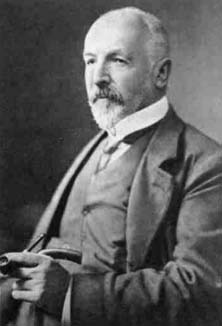
| Online Judge | Online Exercise | Online Teaching | Online Contests | Exercise Author |
|
F.A.Q Hand In Hand Online Acmers |
Best Coder beta VIP | STD Contests DIY | Web-DIY beta |
Cantor
Time Limit: 4000/2000 MS (Java/Others) Memory Limit: 65536/65536 K (Java/Others)Total Submission(s): 672 Accepted Submission(s): 180
Problem Description

The ternary expansion of a number is that number written in base 3. A number can have more than one ternary expansion. A ternary expansion is indicated with a subscript 3. For example, 1 = 13 = 0.222...3, and 0.875 = 0.212121...3.
The Cantor set is defined as the real numbers between 0 and 1 inclusive that have a ternary expansion that does not contain a 1. If a number has more than one ternary expansion, it is enough for a single one to not contain a 1.
For example, 0 = 0.000...3 and 1 = 0.222...3, so they are in the Cantor set. But 0.875 = 0.212121...3 and this is its only ternary expansion, so it is not in the Cantor set.
Your task is to determine whether a given number is in the Cantor set.
Input
The input consists of several test cases.
Each test case consists of a single line containing a number x written in decimal notation, with 0 <= x <= 1, and having at most 6 digits after the decimal point.
The last line of input is END. This is not a test case.
Each test case consists of a single line containing a number x written in decimal notation, with 0 <= x <= 1, and having at most 6 digits after the decimal point.
The last line of input is END. This is not a test case.
Output
For each test case, output MEMBER if x is in the Cantor set, and NON-MEMBER if x is not in the Cantor set.
Sample Input
0 1 0.875 END
Sample Output
MEMBER MEMBER NON-MEMBER
Source
| Home | Top |
Hangzhou Dianzi University Online Judge 3.0 Copyright © 2005-2024 HDU ACM Team. All Rights Reserved. Designer & Developer : Wang Rongtao LinLe GaoJie GanLu Total 0.000000(s) query 1, Server time : 2024-04-25 00:29:55, Gzip enabled |
Administration |